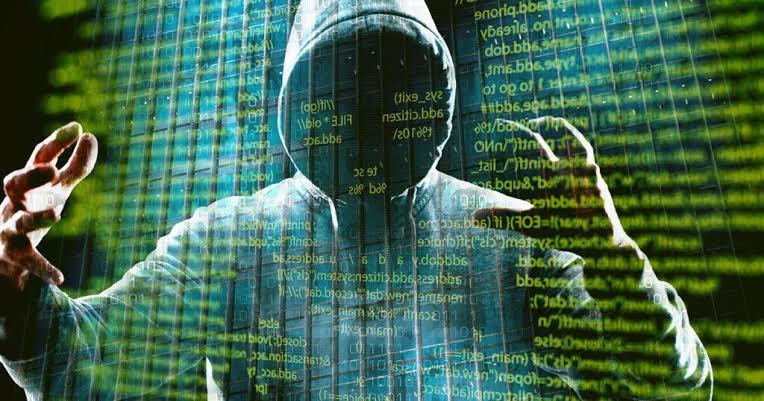In a single transaction, an unidentified trader lost $68 million in Wrapped Bitcoin (WBTC) due to an address-poisoning scheme. On-chain security company Cyvers initially made public the $68 million heist in a post on May 3rd, X.
“Are we mistaken, or has someone truly lost $68 million worth of $WBTC? Our system has detected another address falling victim to address poisoning, losing 1,155 $WBTC.”
According to CoinStats, the victim, wallet “0x1E,” has lost more than 97% of its entire asset value, which is more than $67.8 million.
Address spoofing, another name for address poisoning, is a tactic used to take advantage of traders who are hurried and negligent when completing deals.It entails deceiving victims into transmitting their digital assets to fictitious addresses that cybercriminals control.
The public’s confidence in the cryptocurrency sector is still plagued by scams.Investors lost digital assets worth at least $33 million in April as a result of the fraudulent case involving the ZKasino gaming platform.On April 29, Dutch officials detained a man connected to the ZKasino scam.April saw a total of $25.7 million worth of cryptocurrencies lost to frauds and hacks, despite the ZKasino event.This is the lowest historical number since the data was first tracked by the on-chain intelligence company CertiK in 2021.The research states that losses resulting from frauds, exploits, and hacks decreased by 141% in comparison to the preceding month.The absence of private key compromises is the primary cause of the drop.In contrast to March, which witnessed over 11 attacks via private key compromises, April only saw three private key breaches.
The $33 million ZKasino scam is not included in CertiK’s statistics, though.The report does not yet classify the project as a scam, even if it believes it to be in the midst of a “controversy.”Investor worries increased when ZKasino moved all 10,515 Ether that investors had put into the Lido staking system on April 22.According to CertiK’s study, if ZKasino was shown to be a malicious actor, the company would revise its statistics


